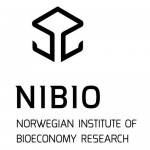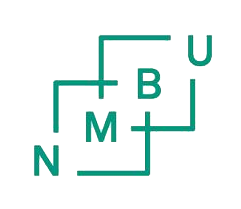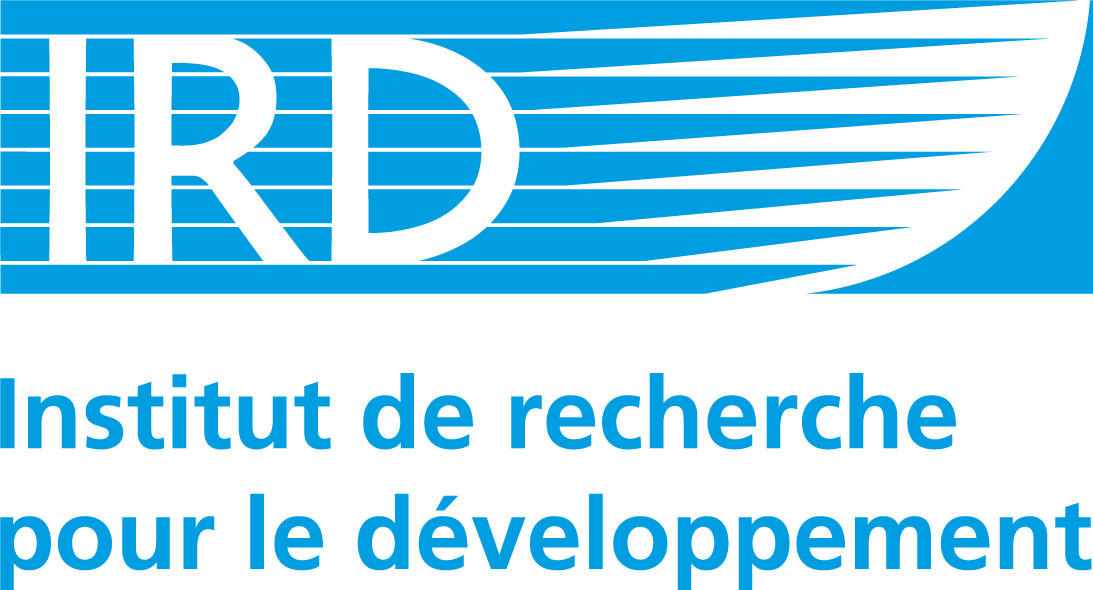A scientific collaboration has been established between The Drilobase Project and the following institutions or organizations:
 |
Norsk Institutt for Bioøkonomi”Norwegian Institute of Bioeconomy Research”The basis of bioeconomics is the utilisation and management of fresh photosynthesis, rather than a fossile economy based on preserved photosynthesis. The goal of NIBIO is to contribute to food security, sustainable resource management, innovation and value creation through research and knowledge production within food, forestry and other biobased industries. The Institute delivers research, managerial support and knowledge for use in national preparedness, as well as for businesses and the society at large. |
 |
Norges Miljø-og Biovitenskap Universitet”Norwegian University of Life Sciences”NMBU’s mission is to contribute to the well-being of the planet. Interdisciplinary research generates innovations in food, health, environmental protection, climate and sustainable use of natural resources. When viewed as a whole, these elements create a foundation for sustainable living in tomorrow’s world. |
 |
Institut de Recherche pour le Développement ”French Research Institute for the Development”The IRD is a French research organisation, original and unique on the European development research scene. Emphasizing interdisciplinarity, the IRD has focused its research for over 65 years on the relationship between man and its environment, in Africa, Mediterranean, Latin America, Asia and the French tropical overseas territories. Its research, training and innovation activities are intended to contribute to the social, economic and cultural development of southern countries. |
| iBOL and Earthworm BOL”International Barcode of Life” and ”Earthworm Barcode of Life projects”Earthworm Barcode of Life, part of the International Barcode of Life project, aims to obtain DNA barcodes for the earthworms of the world. Its campaign website is intended to facilitate online collaboration of individuals interested in using DNA barcoding in their research and to help them to coordinate their efforts in building the global reference library of DNA barcodes for Haplotaxida. |